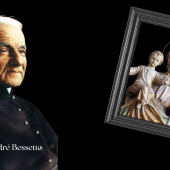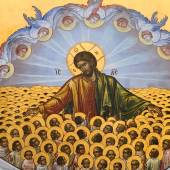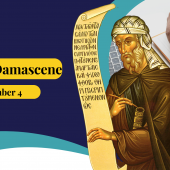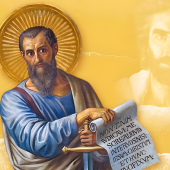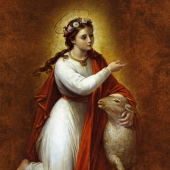Matthew – Always a ‘Yes’ to Jesus
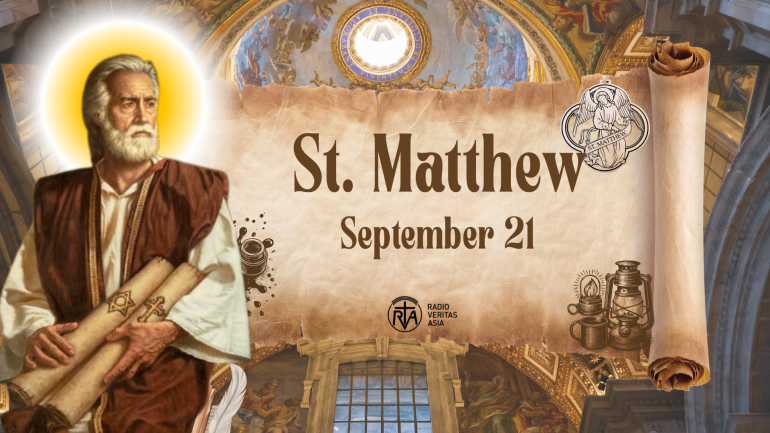
It was just another day at the tax booth in Capernaum. Coins clinked, ledgers filled, and the weight of public contempt hung in the air. Tax collectors were branded as traitors, working for Rome and also lining their own pockets by twisting the arms of fellow Jews to pay more than was required.
Among them sat Matthew, son of Alphaeus.
And then it happened. A rabbi from Nazareth walked by, looked him in the eye, and spoke two words: “Follow me.”
The Gospel of Matthew records no hesitation, no bargaining. Matthew rose and followed. In that instant, the tax collector became a disciple.
Matthew’s response is remarkable when compared with other biblical call narratives. When God called Moses from the burning bush, he protested: “Who am I that I should go?” and later, “I am slow of speech and tongue.”
Jeremiah tried to excuse himself as too young: “I do not know how to speak, for I am only a boy.” Jonah went further; he ran in the opposite direction. Even Peter, after the miraculous catch of fish, fell to his knees and said, “Go away from me, Lord, for I am a sinful man!”
Against this backdrop, Matthew’s quiet but immediate “yes” stands out. No excuses, no delays, no detours. He simply leaves his tax booth behind and steps into discipleship. His obedience recalls Abraham’s unquestioning departure from Haran: “So Abram went, as the Lord had told him.”
The first thing Matthew did was throw a banquet for Jesus. Tax collectors and sinners crowded around the table, while the Pharisees stood outside, indignant. Why would a holy man eat with such people? Jesus’ reply still echoes through the centuries: “I have not come to call the righteous, but sinners.”
For Matthew, that meal was more than a farewell to his old life. It was the beginning of a new identity, one not defined by ledgers and taxes, but by mercy and mission.
Tradition holds that Matthew later penned the first Gospel in the New Testament, addressed especially to his fellow Jews. With precision and purpose, he linked Jesus’ life to the prophecies of old, presenting Him as the long-awaited Messiah. From the Sermon on the Mount to the Great Commission, Matthew’s Gospel has shaped Christian faith for two millennia.
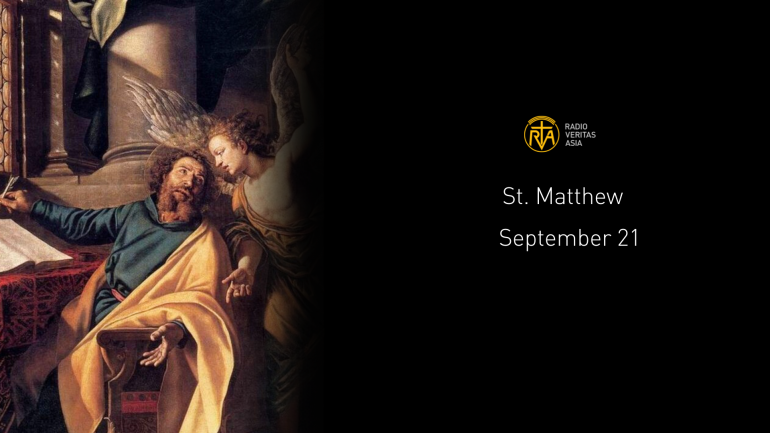
Matthew – A perpetual ‘Yes’ Man to Jesus
After the Resurrection, Matthew is said to have preached the Gospel far beyond Palestine. Accounts vary, some place him in Ethiopia, others in Persia, but the message is clear: he carried Christ’s call to the margins of the world, just as he himself had once been called from the margins of society.
Matthew’s story also poses a question for modern believers: how do we answer when God calls us to serve? Like the prophets, many of us make excuses. We say we are too busy, too unworthy, too inexperienced, too sinful. Sometimes, like Jonah, we run in the opposite direction, only to end up in the tummy of a big fish.
Even when people are called to study the Word of God, there is so much resistance and a lack of interest. We put it off, thinking it is too demanding or irrelevant, when in fact it is the very bread that nourishes our spirit.
Yet Matthew shows another way, a willingness to rise immediately, without a dozen reasons why not. His response reminds us that discipleship begins not with perfect readiness, but with trust.
In today’s world, God’s call may come through unexpected avenues, a neighbor in need, a parish ministry short of hands, or a moment of prayer that stirs the heart. The question is whether we will respond like Moses with hesitation, or like Matthew with an unflinching yes.
Matthew’s life is proof that no one is beyond the reach of grace. If Jesus could see an apostle in a despised tax collector, what might He see in us? He walked away from the tax booth. We, too, are invited to rise from whatever weighs us down, our sins, our past, our fears, and follow the voice that calls us by name.
(Joseph Masilamany is a veteran Malaysian journalist and freelance writer with extensive experience in Catholic media. He contributes regularly to leading Catholic news agencies and platforms.)
Radio Veritas Asia (RVA), a media platform of the Catholic Church, aims to share Christ. RVA started in 1969 as a continental Catholic radio station to serve Asian countries in their respective local language, thus earning the tag “the Voice of Asian Christianity.” Responding to the emerging context, RVA embraced media platforms to connect with the global Asian audience via its 21 language websites and various social media platforms.









